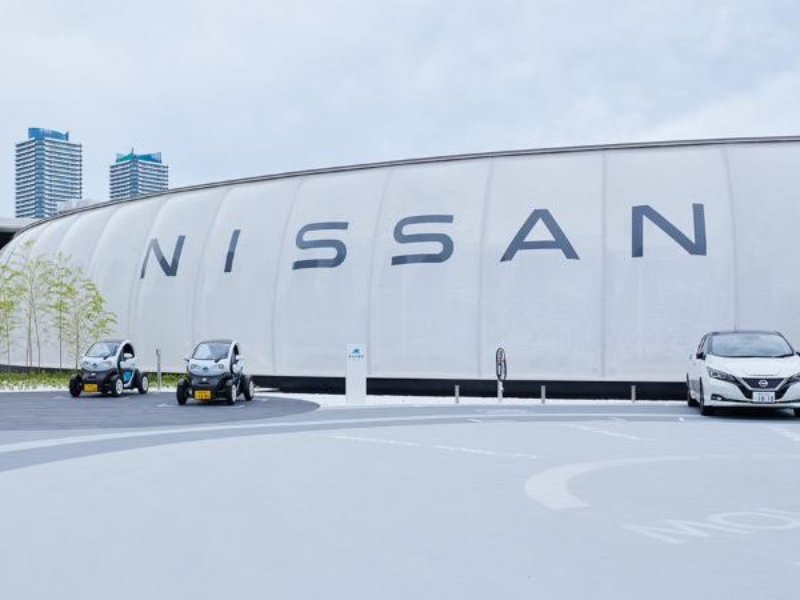- Nissan and Honda have announced a joint venture to research the next-gen software platform, as stated in their joint declaration on Thursday.
- The two companies have also signed a memorandum to enhance their strategic alliance, first announced in March, with a commitment to collaborate on areas such as batteries, e-axles, and vehicle complementarity.
OUR TAKE
Recently, Nissan Motor and Honda Motor announced that they will jointly research and develop a next-generation software platform and signed a memorandum of understanding to strengthen their strategic partnership in order to jointly address the challenges and opportunities in the field of electric vehicles. In addition, their collaboration with Mitsubishi Motors shows that synergies are being strengthened within the Japanese automotive industry in order to accelerate electrification and jointly explore new directions in future vehicle technology. This collaboration is not only expected to enhance their capabilities in data processing and software engineering, but may also gain them a new competitive advantage in the global electric vehicle market.
–Elodie Qian, BTW reporter
What happened
Japanese automakers Nissan and Honda have announced a joint venture to research the next-generation software platform, as stated in their joint declaration on Thursday.
The two companies have also signed a memorandum to enhance their strategic alliance, first announced in March, with a commitment to collaborate on areas such as batteries, e-axles, and vehicle complementarity.
In addition, Nissan and Honda, along with Mitsubishi Motors, which has a 34% stake owned by Nissan, have signed another memorandum. This is to discuss a framework for collaboration on vehicle electrification, based on the agreement made in March.
Nissan and Honda are targeting basic research into the next-generation software platform within approximately a year. This initiative comes as both companies, the third and second largest automakers in Japan after Toyota, are looking to increase their electric vehicle sales significantly.
They have also been facing a loss in market share in China, a key market where they have made substantial investments.
Also read: Nissan is Going All-Electric in Europe: It’s Waving Petrol Goodbye by 2030
Also read: Giant automakers collaborate on EV & AI, sparking market surge
Why it’s important
With a combined global sale of 7.4 million vehicles in 2023, the pair are facing increasing competition from established global brands that have launched electric vehicles more rapidly and from new players such as Tesla and China’s BYD.
Honda’s CEO, Toshihiro Mibe, has stated that the cooperation on software will benefit both companies as the ability to process data and the number of engineers in the field will enhance their competitiveness.
The companies are looking to standardize the specifications of EV battery cell modules from a medium to long-term perspective. Their goal is to enable the use of batteries they plan to procure in vehicles from both Nissan and Honda.
Furthermore, they are exploring the possibility of supplying lithium-ion EV batteries, manufactured by L-H Battery Company—a joint venture between Honda and South Korea’s LG Energy Solution—to Nissan in North America from 2028 onwards.
Lastly, the companies have expressed their intention to standardize the specifications of the e-axles for use in the next generation of battery-powered vehicles.

